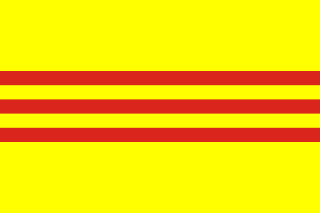
South Vietnam, officially the Republic of Vietnam, was a country in Southeast Asia that existed from 1955 to 1975, the period when the southern portion of Vietnam was a member of the Western Bloc during part of the Cold War after the 1954 division of Vietnam. It first received international recognition in 1949 as the State of Vietnam within the French Union, with its capital at Saigon, before becoming a republic in 1955. South Vietnam was bordered by North Vietnam to the north, Laos to the northwest, Cambodia to the southwest, and Thailand across the Gulf of Thailand to the southwest. Its sovereignty was recognized by the United States and 87 other nations, though it failed to gain admission into the United Nations as a result of a Soviet veto in 1957. It was succeeded by the Republic of South Vietnam in 1975. In 1976, the Republic of South Vietnam and North Vietnam merged to form the Socialist Republic of Vietnam.

The Viet Cong was an epithet and umbrella term to call the communist-driven armed movement and united front organization in South Vietnam, Laos and Cambodia. Formally organized as and led by the National Liberation Front of South Vietnam, it fought under the direction of North Vietnam against the South Vietnamese and United States governments during the Vietnam War. The organization had both guerrilla and regular army units, as well as a network of cadres who organized and mobilized peasants in the territory the Viet Cong controlled. During the war, communist fighters and some anti-war activists claimed that the Viet Cong was an insurgency indigenous to the South that represented the legitimate rights of people in South Vietnam, while the U.S. and South Vietnamese governments portrayed the group as a tool of North Vietnam. It was later conceded by the modern Vietnamese communist leadership that the movement was actually under the North Vietnamese political and military leadership, aiming to unify Vietnam under a single banner.

Trường Chinh was a Vietnamese communist political leader, revolutionary and theoretician. He was one of the key figures of Vietnamese politics and the important Vietnamese leaders for over 40 years. He played a major role in the anti-French colonialism movement and finally after decades of protracted war in Vietnam, the Vietnamese defeated the colonial power. He was the think-tank of the Communist Party who determined the direction of the communist movement, particularly in the anti-French colonialism movement. After the declaration of independence in September 1945, Trường Chinh played an important role in shaping the politics of the Democratic Republic of Vietnam (DRV) and creating the socialist structure of the new Vietnam.
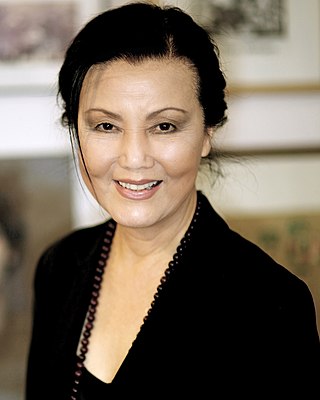
Kieu Chinh is a Vietnamese-American actress, producer, humanitarian, lecturer and philanthropist.
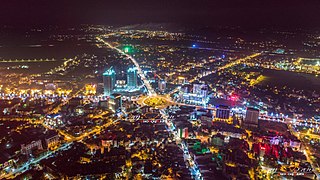
Bắc Ninh is a city in the northern part of Vietnam and is the capital of Bắc Ninh province. The city is the cultural, administrative and commercial center of the province. The city area is 82.60 square km, with a population of 247,702 in 2019. In January 2006, the town of Bắc Ninh was upgraded to city.
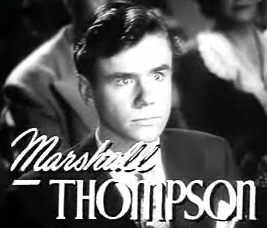
James Marshall Thompson was an American film and television actor.
Mario Barri was a Filipino actor and film director.
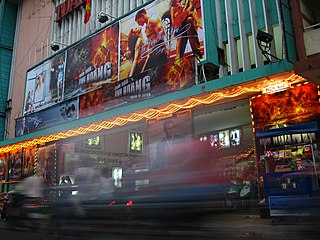
The cinema of Vietnam originates in the 1920s and was largely influenced by wars that have been fought in the country from the 1940s to the 1970s.
Lieutenant Colonel Jack Lewis or C. Jack Lewis USMC retired, was a former Marine, screenwriter, author of 12 books and an estimated 6,000 magazine articles and short stories, He was the co-founder and editor of Gun World magazine and continued contributing articles to that publication until the time of his death. Lewis wrote under the name C. Jack Lewis due to four other writers with the name of Jack Lewis.
The 15th Vietnam Film Festival was held from November 20 to November 24, 2007 in Nam Định City, Nam Định Province, Vietnam, with the slogan "For a reformed and integrated Vietnam cinema".

Vietnam Posts and Telecommunications Group, is a telecommunications company, owned by the Vietnamese Government, and the national post office of Vietnam. According to a list of UNDP in 2007, it is the second-largest company in Vietnam. It owns Vinaphone, one of the three largest mobile network operators in Vietnam.
Đinh Xuân Quảng was a Vietnamese judge and a politician who helped institute a new constitution for South Vietnam. Đinh Xuân Quảng was one of the main advocates of the “Nationalist solution” in the efforts to regain independence from France after World War II – an independence which could ultimately be settled through negotiations and peaceful means. He participated throughout this resolution process and negotiated various agreements with France. His efforts led to the abrogation of the Patenotre Treaty in 1884 which had placed Vietnam under a protectorate of France.
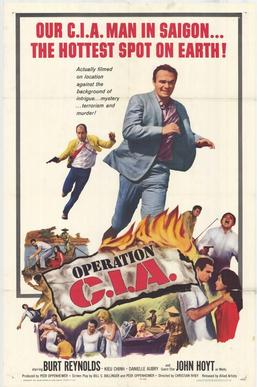
Operation C.I.A. is a 1965 black-and-white spy film directed by Christian Nyby and starring Burt Reynolds and John Hoyt.

The 1st Central Committee of the Indochinese Communist Party was in session from 1935 to 1951.

Trần Ngọc Lan Khuê is a Vietnamese model and beauty pageant titleholder. Lan Khuê rose to prominence in 2013 as she won the gold award in the Vietnam supermodel 2013, and became one of the most sought-after models in Vietnam. In 2014, she joined the Miss Aodai Vietnam pageant and won title. Then, she represented Vietnam in Miss World 2015 and was placed top 11. She shoot to fame when she got invited as one of 3 mentors in the reality show The Face Vietnam. Trần Ngọc Lan Khuê is the CEO of Elite Model Management and Elite Vietnam in Ho Chi Minh City.

From Saigon to Dien Bien PhuAll quiet on the Saigon front or Saigon out of war is a 1967 Vietnamese 35mm Eastmancolor film directed by Lê Mộng Hoàng.












